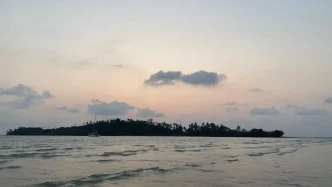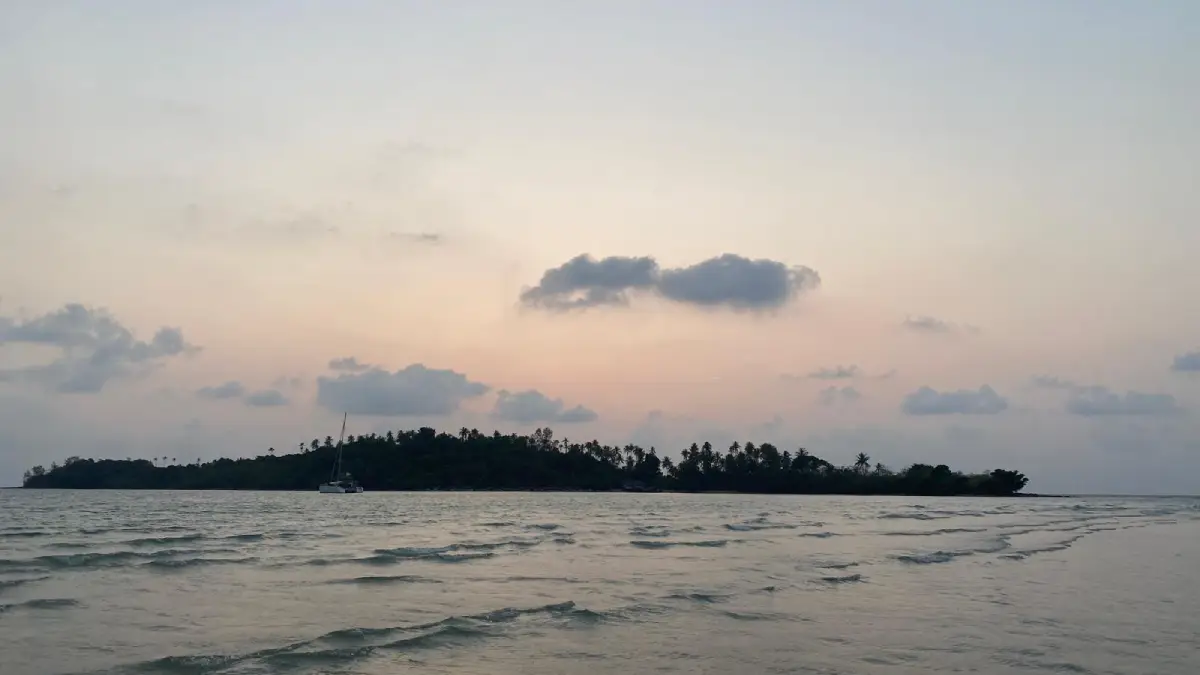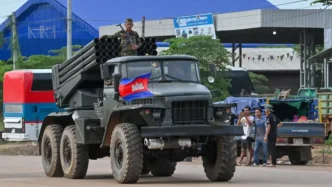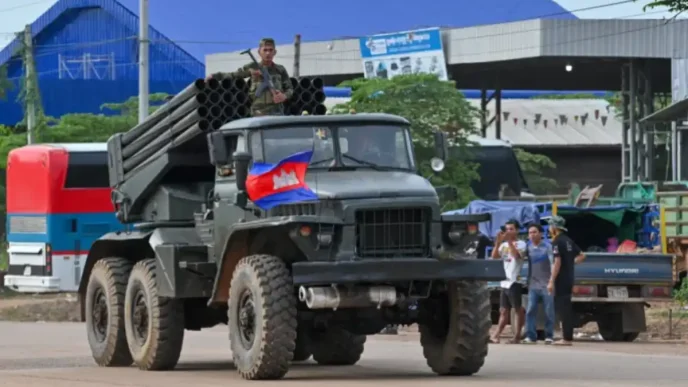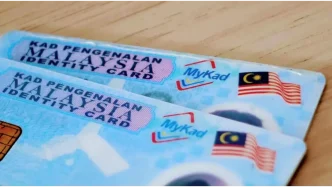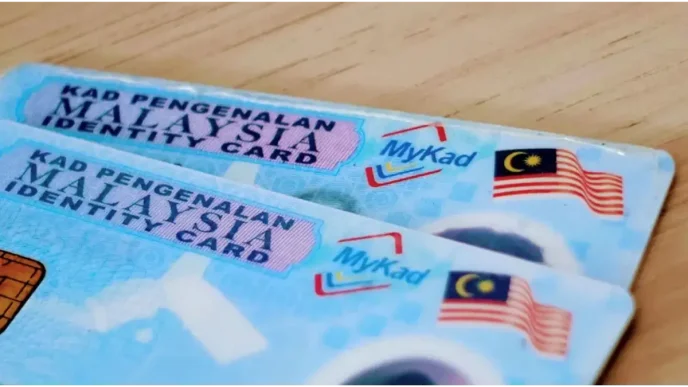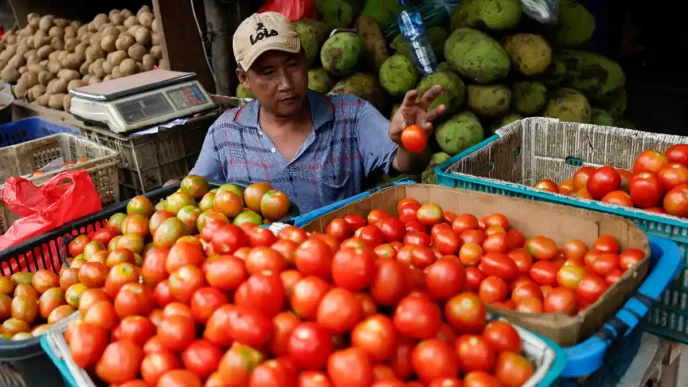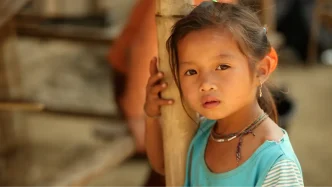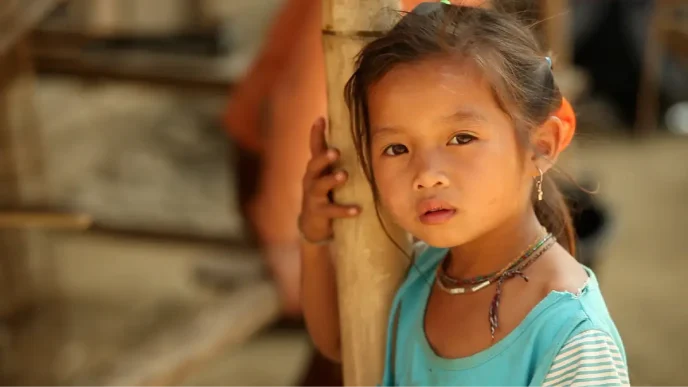In the serene waters of the Gulf of Thailand, a long-simmering territorial dispute over Ko Kut (Koh Kood), a picturesque resort island in Thailand’s Trat province, has resurfaced, threatening to destabilize regional ties between Thailand and Cambodia. Revived negotiations over the Overlapping Claims Area (OCA), a 27,000-square-kilometer maritime zone believed to hold vast natural gas reserves, have reignited tensions over the island, known as Koh Kuch in Khmer. As both nations grapple with nationalist pressures and economic ambitions, the dispute over Koh Kood risks derailing diplomatic progress and economic cooperation in the region.
Historical Roots of a Contested Island
Koh Kood, a tourism haven attracting hundreds of thousands of visitors each year with its pristine beaches and crystal-clear waters, has become a flashpoint in Thai-Cambodian relations. The island’s disputed status traces back to colonial-era agreements, notably the 1907 Franco-Siamese Treaty, which returned Koh Kood to Thailand (then Siam) in exchange for territories in western Cambodia. Thailand relies on this treaty, alongside international maritime law, to assert its sovereignty over the island. Cambodia, however, formalized a claim to the southern portion of Koh Kood in a 1972 decree and map, a position that has never been fully relinquished despite international recognition of Thai control.
The disagreement has gained renewed attention as both countries resumed talks in 2024 over the OCA, driven by the potential for significant energy resources. Cambodian nationalists argue that historical documents support their claim, a sentiment echoed by activists within the Cambodian diaspora. Mu Sochua, president of the U.S.-based Khmer Movement for Democracy, has publicly advocated for Cambodia’s position, emphasizing the need for international arbitration to resolve the issue.
Nationalist Tensions and Political Pressures
The maritime boundary negotiations have stoked nationalist fervor on both sides, complicating diplomatic efforts. In Thailand, Paetongtarn Shinawatra faced intense domestic scrutiny over any perceived concessions. While in office, she took a firm stance, asserting Thailand’s unwavering claim to Koh Kood. Regarding the “MOU44” framework for negotiating overlapping maritime areas between Thailand and Cambodia, she emphasized that it remains in effect and cannot be cancelled unilaterally, as it is an international agreement that requires both countries’ consent. She clarified that “MOU44” does not concern Koh Kood, as Cambodia’s boundary lines on the map exclude the island. She stated “I affirm that this government will protect the nation’s interests to the fullest because I am 100% Thai, and Thailand and its people come first. This government is committed to safeguarding Thailand’s territory entirely and ensuring the happiness of the people—that is our mission.”
In Cambodia, Prime Minister Hun Manet has similarly responded to internal pressures, affirming that Cambodia’s claims in the region, including areas near Koh Kood, remain active points of negotiation. His comments reflect a delicate balancing act between domestic expectations and the need for diplomatic progress.
Historical precedents, such as the 2008–2011 Preah Vihear temple dispute, loom large over the current conflict. In that case, the International Court of Justice (ICJ) reaffirmed Cambodia’s ownership of the temple in 2013, a victory that some Cambodian advocates cite as a potential model for resolving the Koh Kood issue. However, analysts suggest that Thailand’s legal position, rooted in the 1907 treaty, may present a stronger case compared to the Preah Vihear ruling. Tita Sanglee, an associate fellow at Singapore’s ISEAS-Yusof Ishak Institute, noted that an ICJ ruling might not favor Cambodia, potentially undermining broader cooperation efforts.
Recent incidents along the Thai-Cambodian border have further heightened tensions. In early 2025, reports of Cambodian soldiers engaging in symbolic acts near disputed border areas in Thailand’s Surin and Sa Kaeo provinces prompted military responses from Thai forces. While no direct confrontations have been reported near Koh Kood itself, misinformation circulating on social media platforms has fueled public anxiety, with false claims of military activity near the island being widely shared before being debunked by regional news outlets.
Economic Stakes in the Gulf of Thailand
Beyond territorial pride, the dispute over Koh Kood is deeply intertwined with economic interests. The OCA’s potential natural gas reserves represent a critical opportunity for both nations. Thailand, grappling with slower-than-expected economic growth in 2024, sees the resolution of the maritime dispute as a pathway to fulfilling campaign promises of economic revitalization under the Pheu Thai government. Similarly, Cambodia aims to bolster its energy self-sufficiency, reducing reliance on costly imports to fuel its developing economy.
Koh Kood itself holds significant economic value for Thailand, with its tourism industry generating approximately 3.5 billion Thai Baht (~US$98 million) annually. Concerns among Thai nationalists and analysts suggest that any territorial compromise could jeopardize this revenue, drawing comparisons to Cambodia’s Sihanoukville, where foreign investment has transformed the coastal city into a hub for casinos, accompanied by social challenges. While these fears remain speculative, they underscore the high stakes of the dispute and the broader implications for Thailand’s tourism-driven economy in the region.
Transparency issues also cloud the negotiations. Critics in Cambodia have questioned the framework of a 2001 Memorandum of Understanding (MOU) that initially guided joint resource development discussions, pointing to perceived conflicts of interest due to historical ties between political families in both countries. Such concerns have fueled calls to revisit or abandon the MOU, adding another layer of complexity to the talks.
Diplomatic Challenges and Legal Horizons
As negotiations over the OCA stall amid nationalist rhetoric, both governments find themselves at a diplomatic crossroads. Thailand maintains that Koh Kood’s status is non-negotiable, while Cambodia’s leadership continues to assert its unresolved claims. Analysts warn that pursuing an ICJ case could risk further straining relations, potentially derailing the mutual benefits of joint resource development in the Gulf of Thailand. The 2001 MOU, once seen as a foundation for cooperation, is now under scrutiny, with activists in Cambodia questioning its relevance to the current dispute.
The possibility of an ICJ case remains on the horizon, bolstered by Cambodia’s past success with Preah Vihear. Yet, Thailand’s reliance on the 1907 treaty and subsequent international agreements may present a formidable legal barrier. Regional observers note that without a significant diplomatic breakthrough, the Koh Kood dispute could escalate tensions, echoing past border clashes and undermining economic collaboration in a region hungry for stability and growth.
A Region on Edge
The tranquil beaches of Koh Kood belie the undercurrents of conflict that threaten to reshape Thai-Cambodian relations. As both nations navigate the delicate interplay of historical claims, nationalist sentiments, and economic imperatives, the path forward remains fraught with uncertainty. Diplomacy offers the promise of mutual gain through shared resources in the Gulf of Thailand, yet the specter of a legal showdown over Koh Kood looms large, casting a shadow over regional stability. How Thailand and Cambodia resolve this dispute will not only determine the fate of a single island but could also set the tone for future cooperation in South East Asia.

